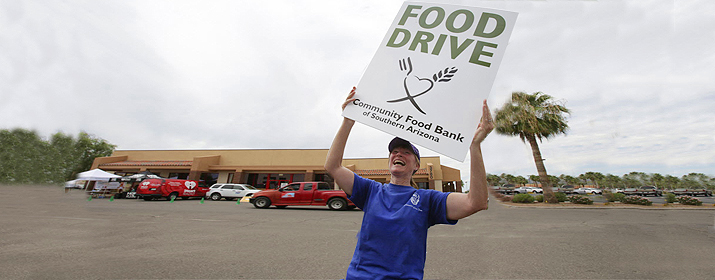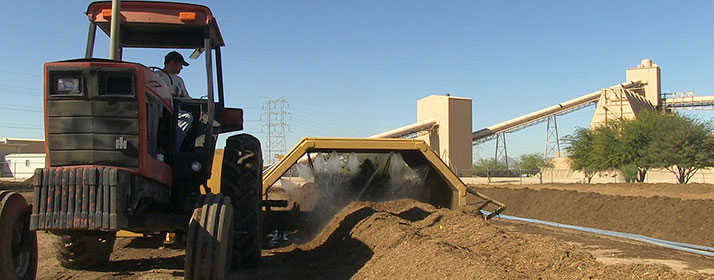

Tucson Electric Power employees and their family members and friends committed more than 24,500 hours of their personal time to community service in 2014, carrying on the company’s longstanding culture of volunteerism.
The hours benefited approximately 235 organizations such as the Primavera Foundation, where TEP employees prepared meals for the men’s shelter, and the Boys and Girls Clubs of Tucson, for which volunteers organized a shopping spree benefiting disadvantaged children.
TEP also led and participated in multiple events supporting the United Way of Tucson and Southern Arizona and the Food Bank of Southern Arizona.
“We want to enrich the quality of life in our community,” said Edith Garcia, a member of TEP’s Community Action Team, an organized group of employee volunteers that has made significant impacts on Tucson and its residents since 1993.
Over the past 20-plus years, the employee-driven effort has received several national awards. TEP is a four-time honoree of the Points of Light Foundation and the only two-time winner of the foundation’s Awards for Excellence in Workplace Volunteer Programs.
“Our employees have a passion for community service, and it is demonstrated every time we volunteer,” said Carl Bedford, a member of the Community Action Team Steering Committee, which meets monthly to select and plan volunteer events. “We encourage our employees to involve their family members and friends as well.”
This year, TEP is marking National Volunteer Week (April 12-18) by volunteering at the Old Pueblo Riders’ 12th annual Run for the Kids, which supports the Arizona State Schools for the Deaf and Blind, and the Earth Day Festival at Reid Park.
TEP employees also regularly serve on nonprofit boards and committees, lending their skills in leadership or administrative roles. In 2014 alone, they logged more than 2,000 hours in this capacity.
“Our employees are proud of our company’s longstanding dedication and commitment to community service,” said Julie Gomez, Chair of the Community Action Team Steering Committee. “We’ve been doing it now for so long that it’s not just part of our history — it’s part our culture.”






